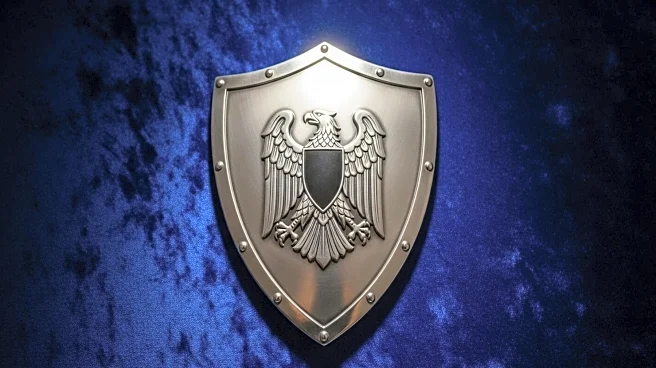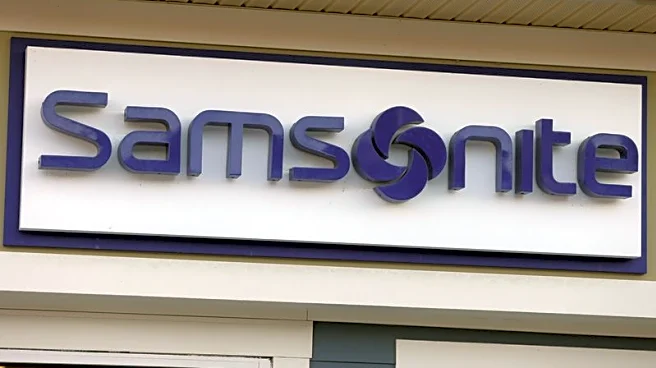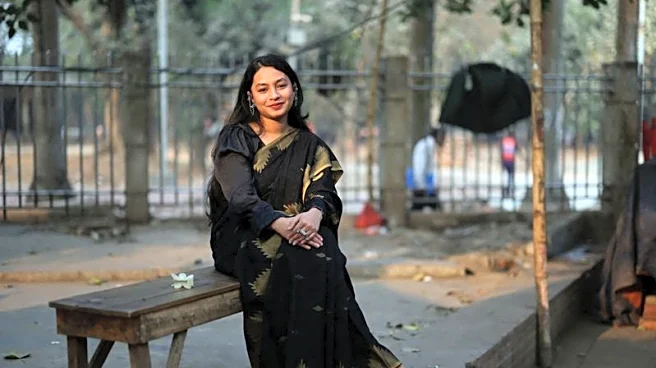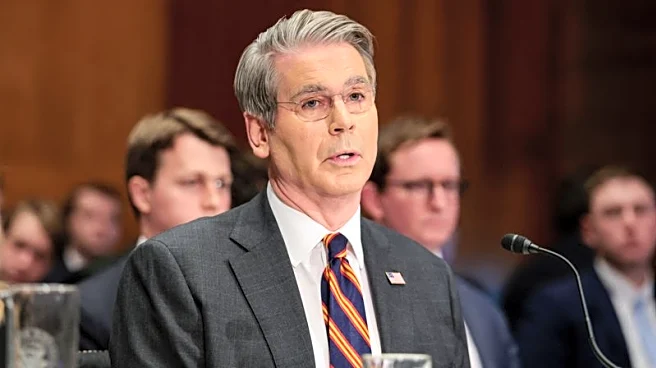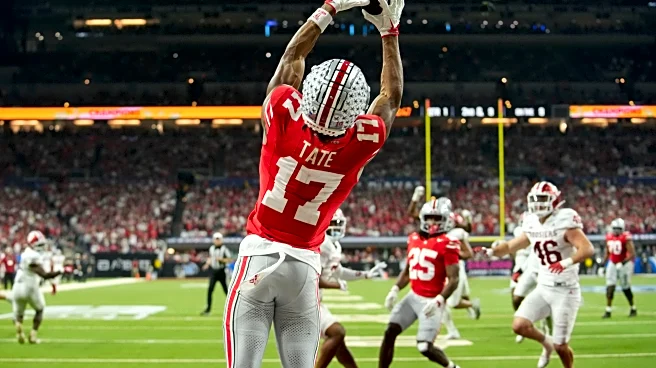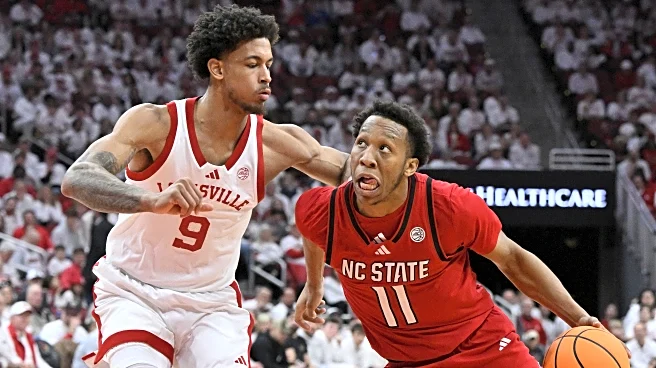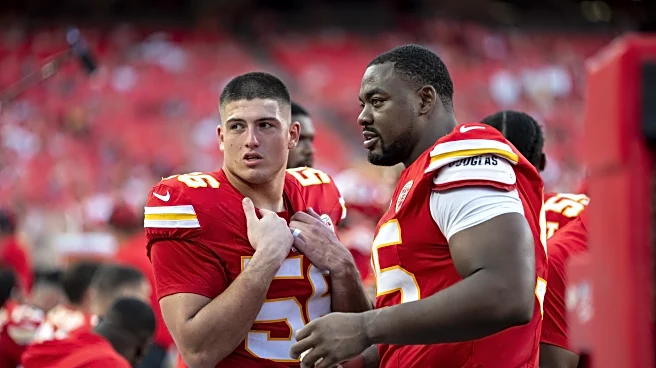What's Happening?
The Trump administration has announced the deployment of 300 National Guard troops to Illinois, specifically targeting Chicago, to protect federal officers and assets. This decision follows ongoing protests and what the administration describes as lawlessness in the city. Illinois Governor JB Pritzker has criticized the move, stating it is outrageous and un-American to demand military presence within state borders against the governor's will. The deployment is part of President Trump's broader agenda to curb crime in American cities, with similar actions taken in Los Angeles and Washington, DC.
Why It's Important?
The deployment of National Guard troops to Chicago underscores the federal government's approach to handling civil unrest and crime in major cities. It raises questions about the balance of power between federal and state authorities and the appropriate use of military forces in domestic situations. The decision may influence public opinion on federal intervention in local matters and could impact future policy decisions regarding law enforcement and public safety. The move also highlights the political divide between the Trump administration and Democratic-led cities.
What's Next?
Governor Pritzker has vowed not to call up the National Guard, indicating potential legal and political battles ahead. The deployment may lead to increased protests and confrontations between demonstrators and federal agents. The situation in Chicago could serve as a precedent for federal intervention in other cities experiencing similar unrest. The broader implications for federal-state relations and the handling of civil unrest in the U.S. remain to be seen.
